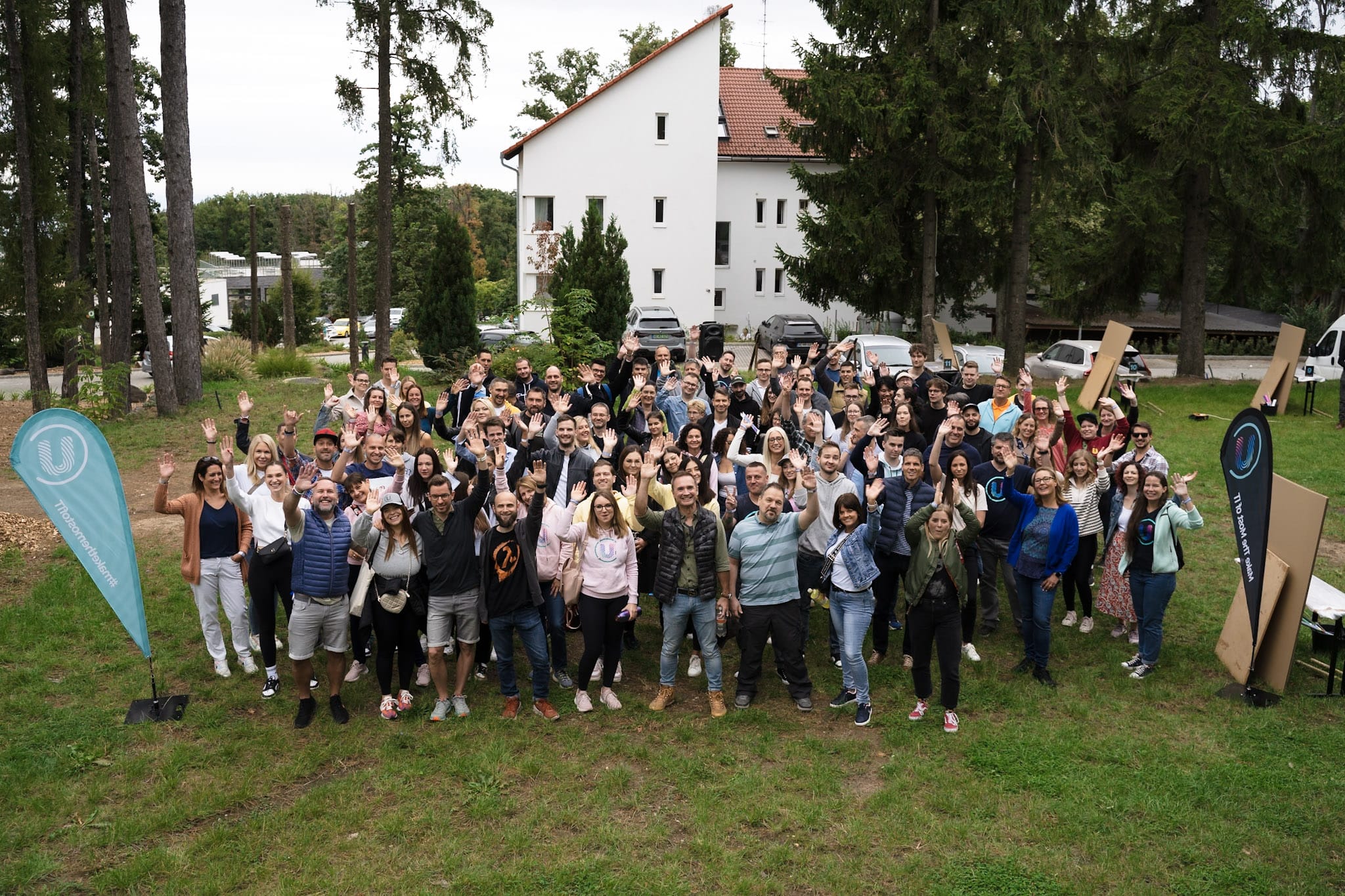

2020 will be the year of data
This year is going to be a really special year. Numerologists who work in numerology say that in 2020 the energies related to materials dominate our everyday lives, but the two zeros in the year will present difficulties and serious challenges.
This year is going to be a really special year. Numerologists who work in numerology say that in 2020 the energies related to materials dominate our everyday lives, but the two zeros in the year will present difficulties and serious challenges. We ourselves are looking forward to an exciting year, but instead of such occult doctrines, we will continue to look to the future using science-based data analysis.
We have already closed last year in this spirit, because at the end of 2019 our colleagues participated as speakers at the Budapest BI Forum, which is the largest independent professional event in Hungary dealing with analytics. The event discussed, among other things, BI and analytics trends, data visualization, artificial intelligence, and those interested could learn about specific case studies from several areas of business, Zsolt Barbélyand Szabolcs Fodor and our colleagues gave a presentation on data-driven optimization used in retail.
They are still afraid of the unknown
As an introduction, they discussed the question of whether data-based decision making can only lead to “win-win” situations, of concern to many in professional circles. Our colleagues believe that processes independent of human factors, as well as the objective metrics resulting from them or behind them, are undoubtedly subject to positive judgment, but at the same time the presence of the mysterious “black box” technology and the feeling of loss of control over decisions are negatively perceived by company managers and decision makers.
However, trust can be significantly strengthened if we hand over well-prepared, professionally and impeccably executed projects to customers, or potential clients see only such projects among our references. However, for this, it is absolutely necessary - one might say: the key to a successful project - to correctly formulate the business problem with the client to which we are looking for a solution; to have reliable and extensive data sources; and to experience openness on the part of the client.
In this regard, Szabolcs believes: “Today in Hungary, data collection is already in sufficient focus, and the SMEs that focus on this, for the most part, also have adequate data sources. However, there is still work to be done in the use of data directly in business decision-making and product development. Here, openness, fear of the unknown, but in some cases counterinterest also hinder the use of data. This education and pilot projects are the easiest to help.”
Complex services are the future
When the openness and trust is there, the client can only do well with data analysis and data-driven decision making. According to our colleagues, the basis of data analysis — in a somewhat simplified way — is to translate the business question into the language of data. In essence, all this means that intuitions dictated by human or business logic are supported or refuted with existing data in justified cases; we build the model on the basis of expectations; we compare the facts and expectations; and finally, we convert the result into HUF.
It seems simple, but in the background there are tasks that take time and energy. According to our colleagues, in the case of a project, 30% of the work is given by business understanding, 50% by data collection and preparation, and only 20% is the model development itself, which in itself is a very serious and responsible professional challenge. This includes all the tasks related to Feature Engineering, ML teaching and model testing, which will serve as the engine of the future working system.
In the presentation of Zsolt and Szabolcs, it was also mentioned that while many market participants only take on certain partial tasks of the former, United Consult offers complex solutionspara os clientes. These are based on the data mining and analysis described above, followed by model development, followed by model systematization and regular model prediction in the process. The highlight of the project is the design of the user dashboard and the data visualization itself.
Regarding the latter, Szabolcs said: “Data visualization itself can be the end product of a data-driven project, in which case it plays a role in direct support of decision making, in a more transparent overview of operations. But of course, data visualization is not a necessary end product for a data-driven project, but it certainly plays a supporting role in understanding the data.”Finally, returning to the numerical mysticism mentioned in the introduction: 2020 promises to be a truly special year, and there is no doubt that numbers can really show the future, even in a business sense. However, we at United Consult believe that we cannot base our plans on the current star position, but that anyone can use the potential of bigdata technology — with the right expertise — to their advantage.
You can read more of our BigData articles here:
https://datandroll.hu/















